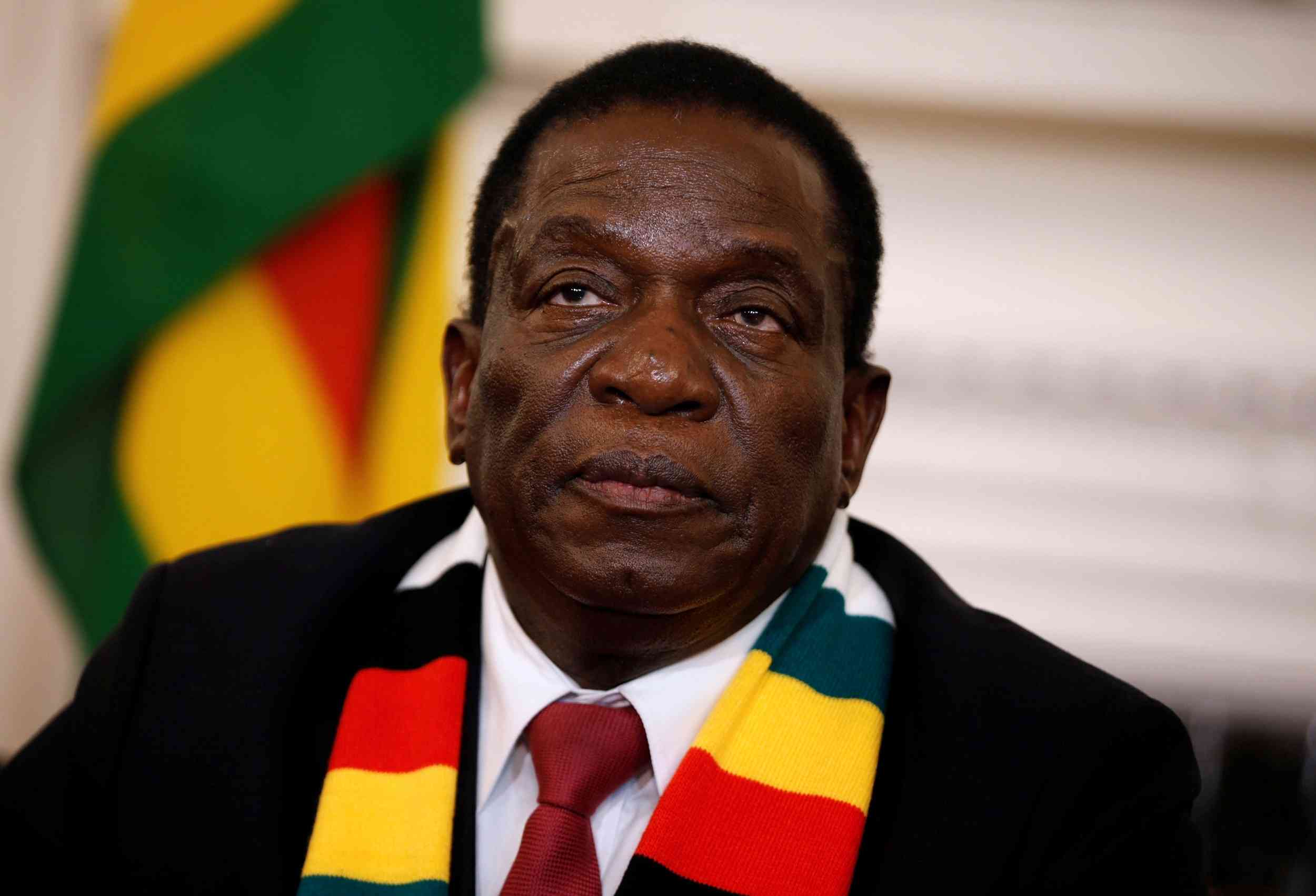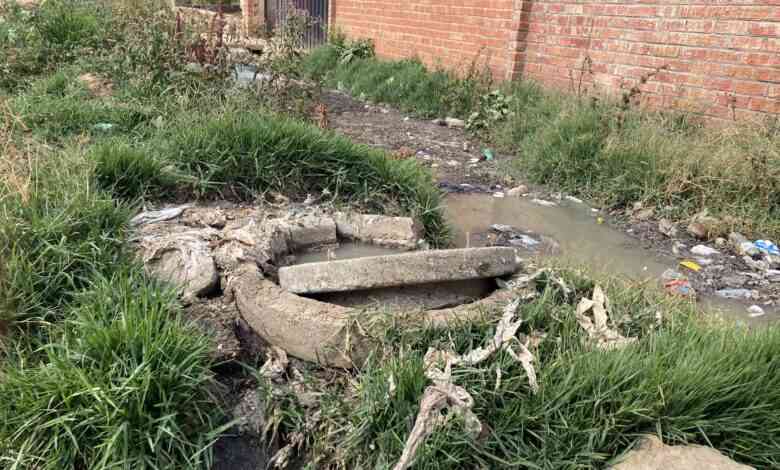
PRESIDENT Emmerson Mnangagwa has urged the nation to come up with home-grown solutions to foster consensus in the fight against climate change.
Mnangagwa made the remarks on Monday during the official opening of the third edition of the Zimbabwe Economic Development Conference 2024 in Victoria Falls.
The conference is being held under the theme Building Resilience and Driving Economic Transformation under Climate Change.
Mnangagwa applauded the infusing of the aspect of climate change in this year’s conference theme “given that this phenomenon is a major challenge of our time”.
“Climate change impacts and natural disasters are causing major risks that require adaptation and mitigation plans to protect economies and citizens from the climate chaos of today and tomorrow.
“It is, therefore, our collective responsibility to promote home-grown solutions for mitigation and adaptation in order to foster consensus and inclusivity,” Mnangagwa said.
“It is discouraging that the impacts of climate change are more pronounced in low-carbon emitting countries such as Zimbabwe, with the vulnerable struggling to deal with the impacts of a climate crisis they never created.”
He said the frequency and severity of these events posed a significant threat to economic growth, agricultural productivity and overall wellbeing of communities.
- Mavhunga puts DeMbare into Chibuku quarterfinals
- Bulls to charge into Zimbabwe gold stocks
- Ndiraya concerned as goals dry up
- Letters: How solar power is transforming African farms
Keep Reading
“This underlines the urgent need to find sustainable solutions to [overcome] these challenges and build resilience in our communities,” Mnangagwa said, adding that his government had upscaled the potential of agriculture, among other measures, in the promotion of rural agriculture based on the comparative advantage of an area.
“As a country, we have committed to reducing greenhouse gas emissions by 40% per capita by 2030. This is the empathic call for our youth to step up and take ownership of our collective future,” the President said.
“This includes advocating for the reform of the international financial architecture and clear action on debt, to scale up resources from both the public and private sector.”









